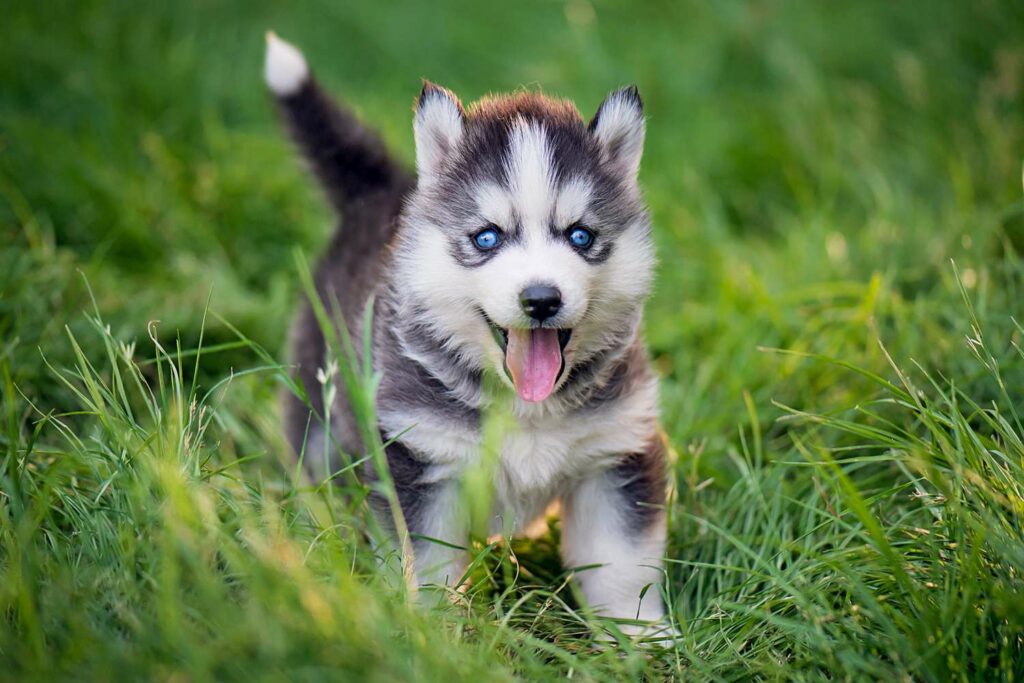Cheese can be an appealing and tasty treat for dogs, but too much dairy can cause stomach issues. Learn whether cheese in moderation is safe for dogs.
Selling pet products online is a growing business, and owners want to know what human foods are safe for their furry friends.
One common question is whether dogs can eat cheese safely. As a dog owner myself, I understand the appeal of sharing a little cheese with your pup.
However, dairy doesn’t agree with all dogs, so moderation is key. After researching the pros and cons, here’s what I learned about giving dogs cheese as an occasional treat.
Potential Benefits of Cheese for Dogs
Cheese can be a good source of protein and calcium for dogs, as long as they don’t have sensitivity to lactose.
Here are some potential benefits of cheese in small amounts:
- Nutritional value – Cheese contains protein, fat, calcium, phosphorus, and vitamin A. This makes it an appealing treat.
- Positive reinforcement – Like any treat, cheese can be used to reinforce good behavior during training. The taste makes it high-value for dogs.
- Calcium boost – The calcium in cheese helps support healthy bones and teeth. This is especially useful for growing puppies.
Risks & Things to Watch Out For
However, there are some potential downsides of feeding cheese to dogs:
- Weight gain – Cheese is high in fat. Too much can lead to obesity, especially in less active dogs.
- Lactose intolerance – Like humans, some dogs don’t produce enough of the lactase enzyme to digest dairy. This causes gas, diarrhea, and vomiting.
- Sodium content – Salty cheeses like feta or halloumi may contain too much sodium for dogs. This can cause excessive thirst and urination.
- Choking hazard – Feeding large chunks of hard cheese could present a choking risk, especially in small dogs.

So should you avoid cheese altogether for dogs? Not necessarily. Read on for tips on giving dogs cheese safely.
Feeding Guidelines for Cheese Treats
When fed in moderation, most healthy dogs can enjoy cheese in small amounts. Here are some best practices:
- Low-fat varieties – Choose low-fat, reduced-sodium cheese. This limits calories and sodium content.
- Small portion sizes – No more than 1-2 tbsp for small dogs or 1-2 oz for large dogs. Too much can lead to stomach upset.
- Occasional treats – Limit cheese to no more than 10% of your dog’s daily calories. Too frequent treats can cause weight gain.
- Watch for reactions – If your dog seems gassy or has diarrhea after eating cheese, avoid giving it in the future.
- Remove rind – The rind is made from wax or vegetable oil and can be hard to digest. Cut it off before feeding.
- Grate it – Grated cheese is easier to digest than large chunks. You can also smear it inside a Kong toy.
With a little caution, cheese can be a safe and tasty snack for dogs. I give my Corgi Winnie a tablespoon of low-fat cheddar 2-3 times a week. But as with any human food, moderation is key to keeping your dog happy and healthy.


